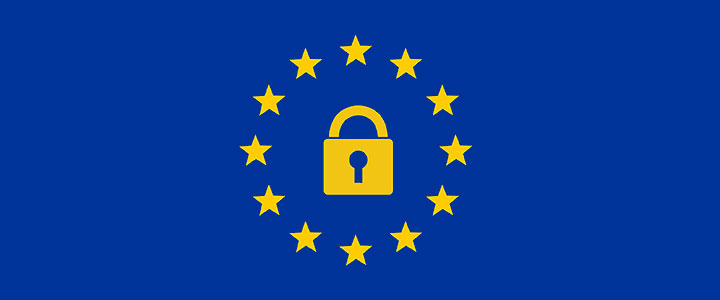Polarisation, discord, lies, distrust… Words that describe the current situation in our democracies, a time of “pluralism without debate” in Bernard Manin’s apt expression. The paradox of our time is that we continue to legitimise liberal democracy on the basis of a moral ideal that is increasingly remote from reality.
Read moreDemocracy and social networks: Pluralism without debate








